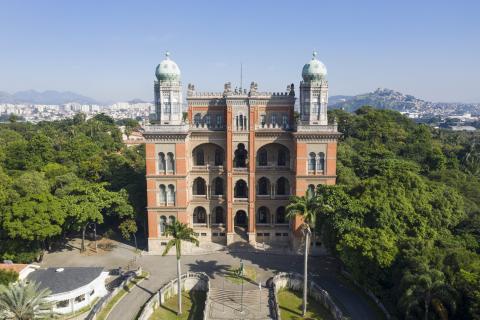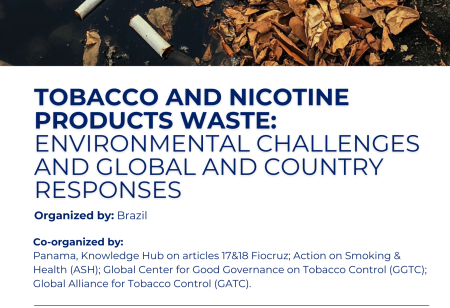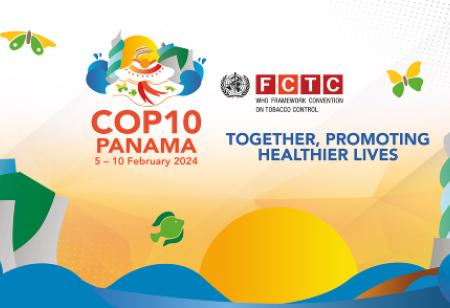
About the Oswaldo Cruz Foundation (Fiocruz) - 17 April 2021

Oswaldo Cruz Foundation (Fiocruz) was created on May 25, 1900. Fiocruz is a central piece in Brazil’s and international public health. Fiocruz works internationally with a number of governments and partners and supports global public health initiatives.
The Foundation runs more than a thousand researches and technological development projects, which produce knowledge for the control of diseases such as AIDS, malaria, Chagas’ disease, tuberculosis, hanseniasis, measles, rubella, schistosomiasis, meningitis and hepatitis, and other topics related to public health, including violence and climate change, and the history of science.
Fiocruz is the main institution non-university on training and qualification of human resources for science and technology in Brazil. It has 18 programs for post-graduate studies in several areas, a technical school, and several programs in the broad sense.
Fiocruz develops a range of activities related to the handling, processing, preservation, distribution, and dissemination of scientific and technological information needed for actions in public health and science and technology in the health area. Tools for dissemination include scientific publications of international reference, audiovisual productions (especially Canal Saúde and VídeoSaúde), broadcasting programs on public access channels, educational and cable TV, and community and university TV channels.
Fiocruz publishing house also plays a fundamental role in this sector, focusing on public health and science, as well as the Radis Program (Gathering, Analyzing and Disseminating Information on Health), which publishes material aiming to disseminate information on public health.
The Foundation has several programs in the social communication area designed to inform society about its operations. In addition, it offers an integrated system of ten libraries, whose collection contains about 300,000 books and monographs. In 2008, over 380,000 users visited the libraries, historical buildings, scientific exhibitions, and Museu da Vida (Museum of Life).
Fiocruz also has one of Brazil’s largest public laboratories for vaccine production and a number of public health care hospitals and facilities.





